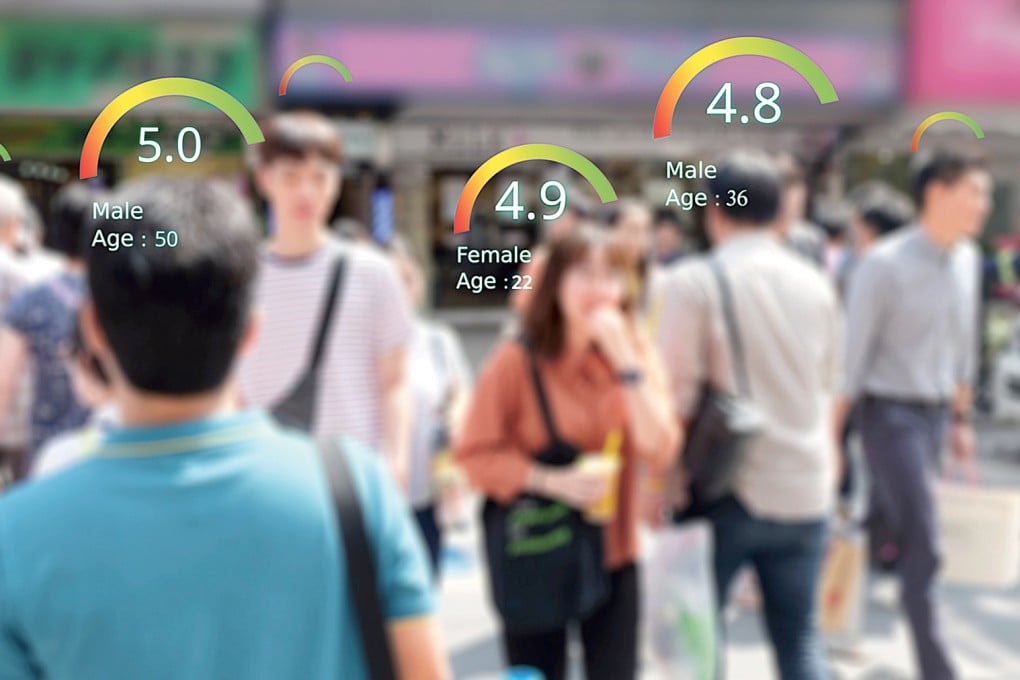How China’s social credit system actually works – it’s probably not how you think
- There’s no scary algorithm behind the system amassing data and deciding an individual’s worth to society, but that doesn’t mean there aren’t concerns

It is easier to talk about what China’s social credit system is not than what it is.
Ever since 2014, when a six-year plan to create a system to reward actions that build trust in society and penalise those that do the opposite, it has been one of the most misunderstood aspects of China in Western discourse.
Now, new documents released in November 2022 provide an opportunity to set the record straight.
For most outside China, the words “social credit system” instantly conjure up images of a Black Mirror-esque web of technologies that automatically score Chinese citizens according to what they do right and wrong. But the reality is, this dystopian system does not exist, and the central government does not appear to have much appetite for building it, either.
Instead, the system that the central government has been slowly assembling is a mix of attempts to regulate the financial credit industry, enable government agencies to share data with each other, and promote state-sanctioned moral values – however vague that last goal might sound.
There is no clear evidence as yet of this system being abused to enable widespread social control, though it does remain possible that it could be wielded to restrict individual rights.

